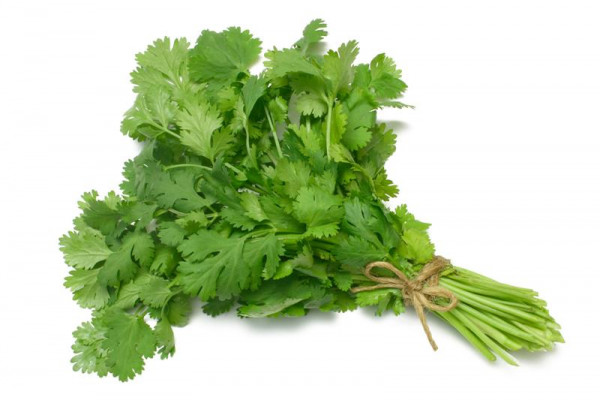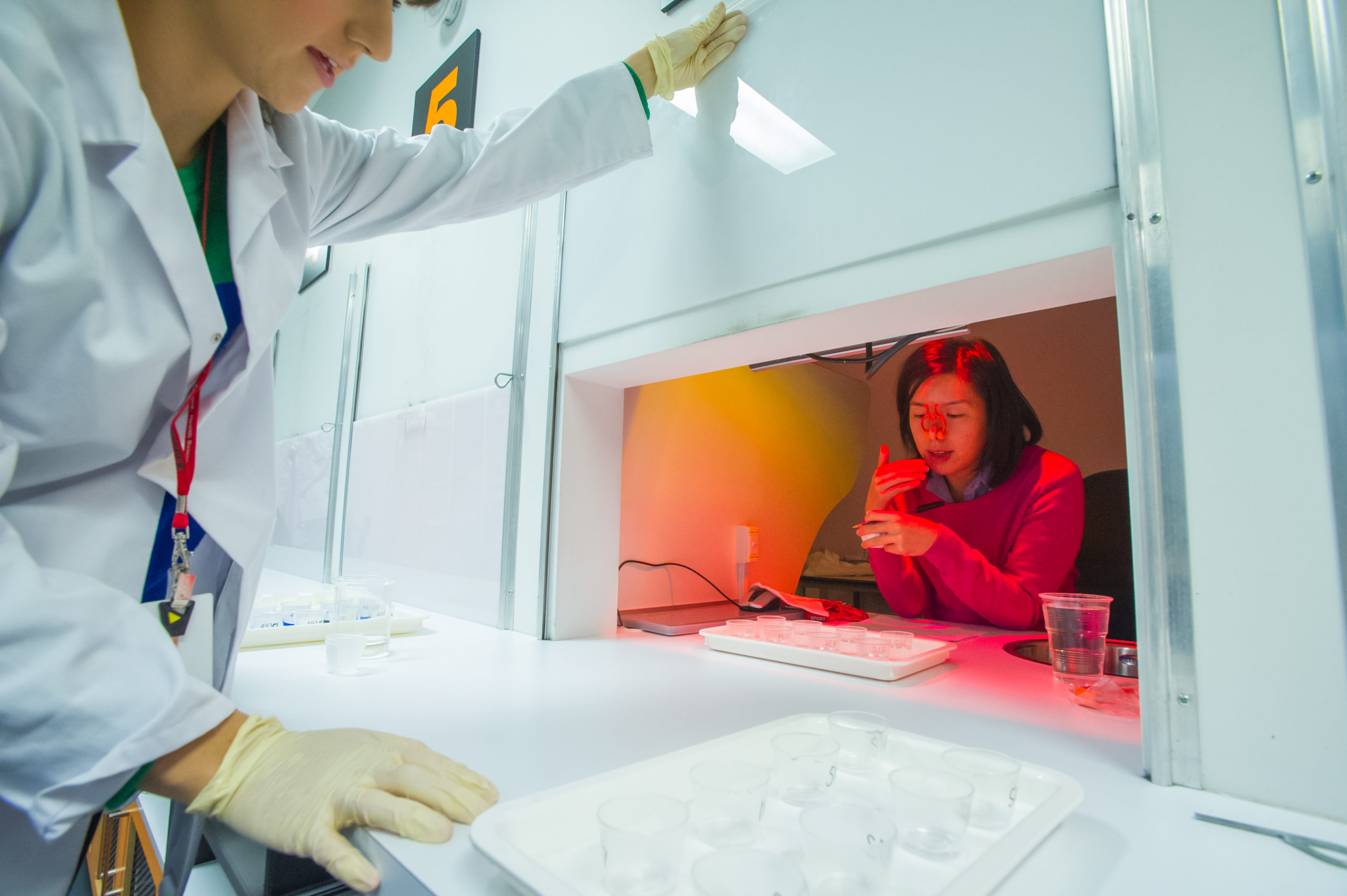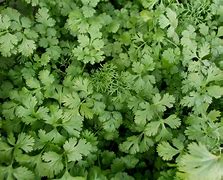When it comes to foods, is there anything more polarising than coriander? The herb, sometimes referred to as cilantro, usually has people sitting in two camps – love or hate. But why is it so divisive?
Enter, Science.
Your genetic make-up
Professor Russell Keast, who specialises in sensory and food science at Deakin University’s School of Exercise and Nutrition Sciences, says genetics can be largely blamed for how we feel about the infamous herb.
‘We have smell receptors in our nose that are responsible for identifying volatile compounds in the atmosphere, including volatile compounds released from potential foods,’ says Prof. Keast.
‘Sense of smell is highly variable between people, so what I experience may not be what you experience, and this can be due to quantity, type and natural variations with smell receptors.’
It’s these receptors that determine what we taste when we eat coriander. Depending on your smell receptors, you may experience a soap-like flavour, rather than the herby flavour others experience.
Coriander is just one food that may drastically differ in taste depending on your genetic make-up. What we taste when we eat broccoli for example, can also be determined by the receptors we were born with.
‘Somebody may have a great aversion to broccoli because they have the bitter taste receptors that are responsive to a specific compound in broccoli. Whereas other people don’t have that receptor variant and, therefore, don’t experience the bitterness from broccoli,’ explains Prof. Keast.
Your exposure to flavours
Genetics and smell receptors aren’t the only factors that determine what we taste when we eat coriander. If you have not been exposed to the taste of a food, or your culinary experience is limited to certain foods, you may have an adverse reaction when you try new things.
‘This is common to different cultures, or flavour principles of a region. For example, many Australians have problems with the intensity of fish sauce, yet South-East Asian populations find it an integral part of their flavouring,’ says Prof. Keast.
So should you simply eat more of something until you begin to like the taste? Prof. Keats explains that might work if you’re not accustomed to a flavour, but you can’t change the way your in-built receptors respond. ‘If somebody has the genetic receptor variant and is experiencing high levels of bitterness, having repeated exposure to that food isn’t necessarily going to teach the liking of that food.’
Your evolving tastebuds
Interestingly, our evolutionary development also explains why so many children (and some adults) dislike vegetables. According to Prof. Keast, in the early days of humankind we had no reason to develop a ‘liking’ response to veggies because plants were generally plentiful, so we didn’t need an incentive to seek vegetables out.
‘Now we have supermarkets with foods developed to our liking, so we don’t need these primal responses, but they are ingrained in our DNA and it will take thousands of years for them to evolve out,’ says Prof. Keast.
Can you change your food dislikes?
The great news is that liking vegetables and other nutritious foods usually develops over time, which is why so many children go on to happily eat vegetables as adults. ‘The nutrients in the food are given a chance to influence your liking system – if the nutrients provide energy, and perhaps other positive effects in your body, your liking system will remember. Then the next time you eat the food you may start to enjoy it,’ explains Prof. Keast.
Experience and repetition in eating can certainly overcome many objections. When your body realises what you’re eating is not harmful, it responds positively, and your likes can change. This is less likely, however, if we have the genetic receptor variant that causes the dislike.
‘When you’re an adult you know what you like. The ability to cook, whether it’s a cooking method or different additions to cooking, may help you overcome an aversion to food. Pairing something you don’t like, such as coriander, with other foods you do like may help you overcome the aversion.’
When it comes to foods, is there anything more polarising than coriander? The herb, sometimes referred to as cilantro, usually has people sitting in two camps – love or hate. But why is it so divisive?
Article courtesy of This. Deakin.
You can also read more about the topic here where Professor Russell Keast discusses the controversial herb with HuffPost.





